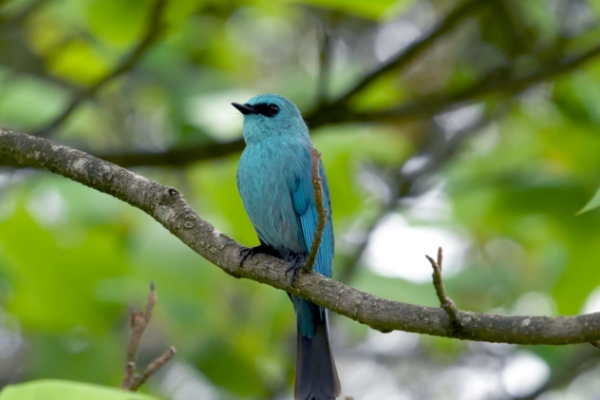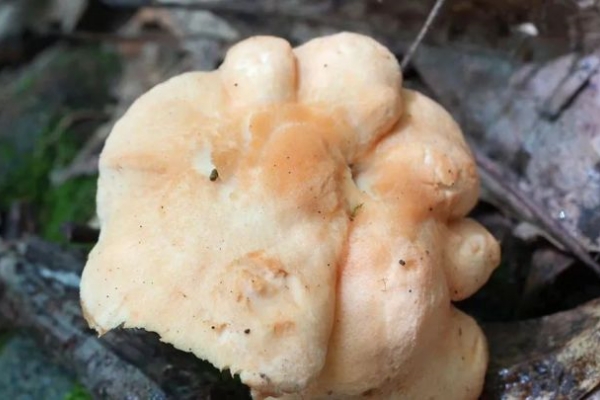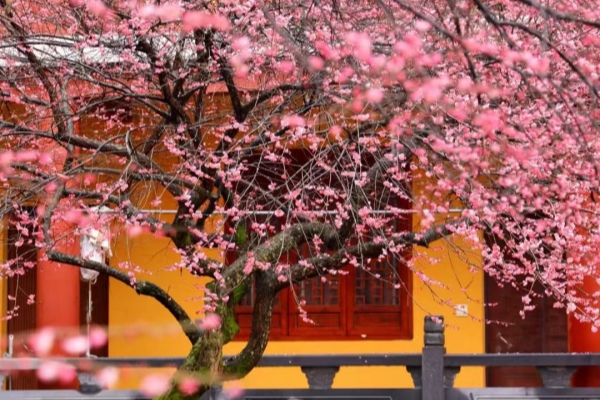Jingning explores unique way for high-quality green development
For a long time, Jingning She autonomous county in Lishui, East China's Zhejiang province was troubled by a lack of arable land resources, long-term outflow of essential production resources such as labor, talent and funding, and a weak industrial foundation.
However, Jingning is exploring a unique way to overcome those difficulties and promote local high-quality green development. Focusing on endogenous development, Jingning is integrating the two characteristics of She ethnic culture and greening to creatively build a new system of ecological industry, actively participate in the economic cycle and explore a new road of growth.
"We are building a new ecological industry system through the integration, remodeling and opening of the factors," Chen Zhong, Party secretary of Jingning county, said.
In Dajun town, which is famous as a Window on the She Culture scenic area, over one third of the total population is of She ethnicity. After many years of traffic improvement and construction of a beautiful countryside, a large number of people went back to Dajun to develop homestays and open teahouses. Projects in rural leisure and vocation from Hangzhou and Shanghai also settled there in 2019. The number of rural tourists reached 1.45 million that year, and tourism income exceeded 20 million yuan ($2.8 million).
During the past five years, the average annual growth of Jingning's regional gross domestic product (GDP) was 7.5 percent, and per capita disposable income of urban residents increased by 8.8 percent, a rate higher than the provincial average. The comprehensive strength of Jingning She autonomous county has jumped to the forefront among China's 120 autonomous counties.

 Lishui establishes intelligent biodiversity monitoring system
Lishui establishes intelligent biodiversity monitoring system New fungus species discovered in Qingyuan
New fungus species discovered in Qingyuan Lishui transforms weirs to aid fish migration
Lishui transforms weirs to aid fish migration